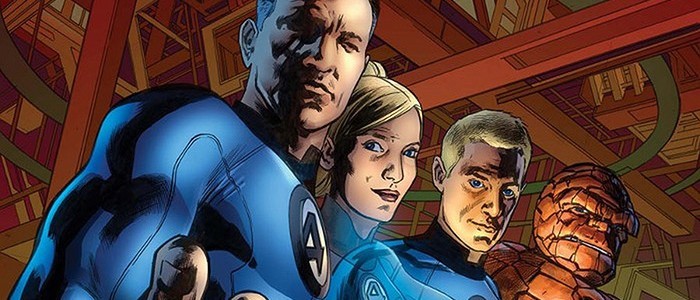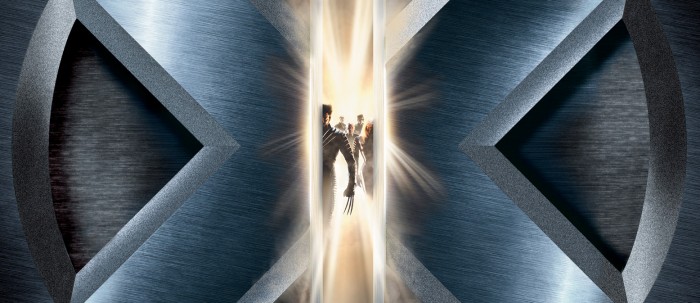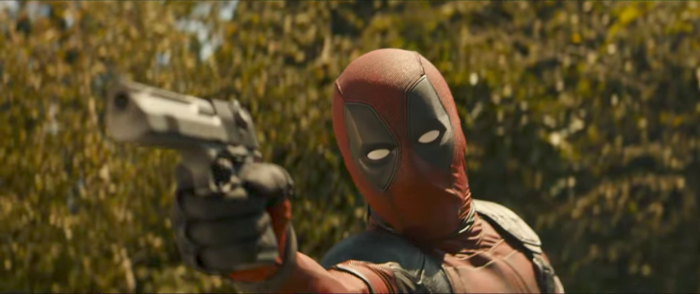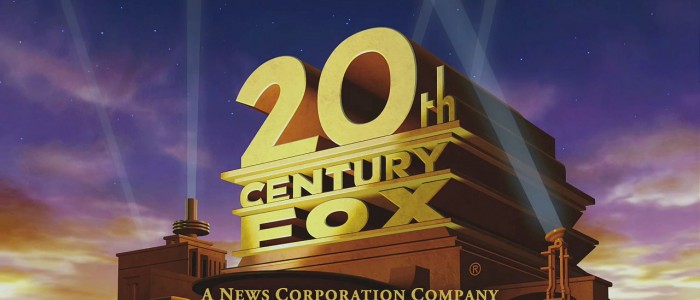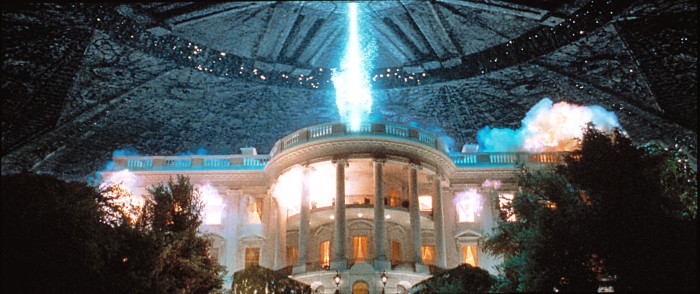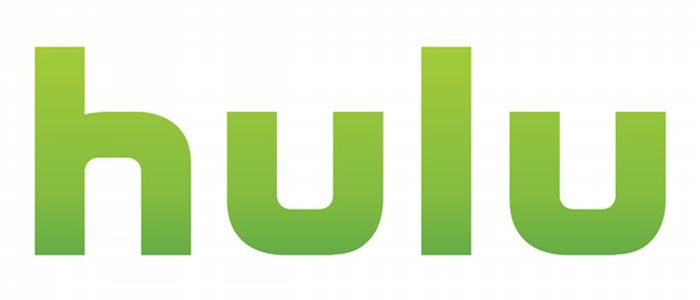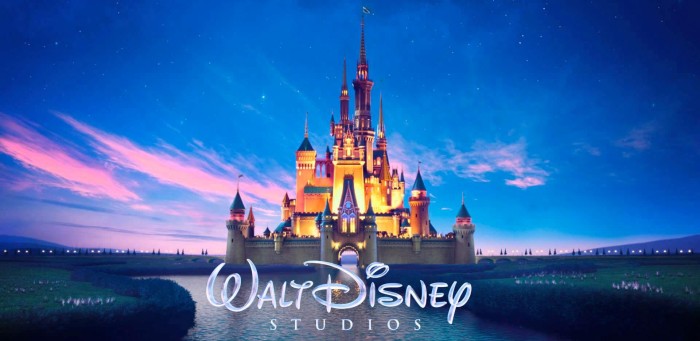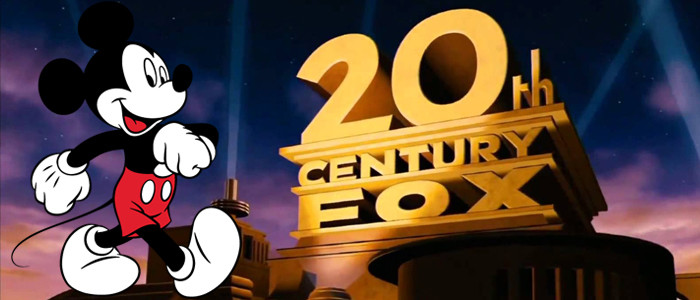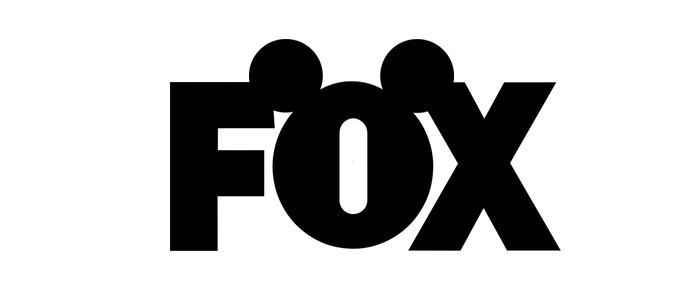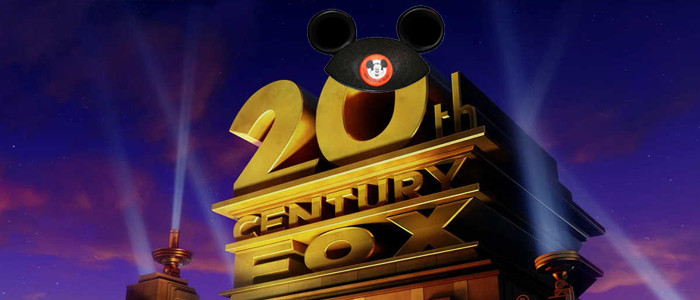Everything You Need To Know About The Disney-Fox Deal
Early Thursday morning, the Walt Disney Company announced that it was buying 21st Century Fox in a historic $52.4 billion deal that has shaken the media and entertainment industries. As part of the deal — valued at over $60 billion including debt — Disney will acquire Fox's film studio 20th Century Fox along with all its movie franchises, select TV networks like FX and National Geographic, and more.
We break down the full extent of the Disney-Fox deal, and what it means for the future of the movie industry, streaming, and Rupert Murdoch.
What Does Disney Get in the Deal?
Disney gets 20th Century Fox, Fox Searchlight, the FX and National Geographic channels, and Fox's regional sports networks, as well as the majority ownership of Hulu.
That means that 20th Century Fox and Fox Searchlight's wide array of franchises, films, and shows will be absorbed into Disney. This includes old, current and future franchises like Alien, Predator, Avatar, Die Hard, Fantastic Four, Kingsman, Planet of the Apes, Red Sparrow, Star Wars (distribution rights for the original movies), X-Men, Alvin and the Chipmunks, Ice Age, Night at the Museum, Percy Jackson, The X-Files, the Chronicles of Narnia, Independence Day, M*A*S*H*, and Maze Runner. TV shows under Fox and FX include long-running shows like The Simpsons and Family Guy, as well as series like 24, Prison Break, Legion, and American Horror Story.
There's no telling whether Disney will play a large role in producing the above franchises and TV series, but the company is planning to make use of its ownership of Avatar, having already developed Avatar-themed attractions at Disney's Animal Kingdom park at the Walt Disney World Resort.
Wait, Does This Mean the Fantastic Four Going to Disney?
Yes.
There was some concern that the confusing history of The Fantastic Four's movie rights would exclude it from this deal, but in Disney's press release of the announcement, the company proudly touted that the deal "provides Disney with the opportunity to reunite the X-Men, Fantastic Four, and Deadpool with the Marvel family under one roof and create richer, more complex worlds of inter-related characters and stories that audiences have shown they love."
Will the X-Men Meet the Avengers?
Probably.
In a call with investors and analysts shortly after the deal was announced, Disney CEO Bob Iger hinted that the X-Men characters could be introduced in the Marvel Cinematic Universe, stating "Bringing Disney and Fox together will combine some of the world's most iconic entertainment franchises." Marvel President Kevin Feige and X-Men producer Lauren Shuler Donner have both previously voiced their support for bringing the X-Men into the MCU, Feige telling Vanity Fair, "Would we like to [bring the X-Men into the MCU]? Yeah, of course."
But don't think that means that this news will bring Hugh Jackman back as Wolverine. He's retired for good.
But What About Deadpool and Other R-Rated Fox Movies?
In that same call with investors, Iger assured that Disney wouldn't put their family-friendly stamp on 20th Century Fox's R-rated properties:
"It [Deadpool] clearly has been and will be Marvel branded. But we think there might be an opportunity for a Marvel-R brand for something like Deadpool. As long as we let the audiences know what's coming, we think we can manage that fine."
So fans don't have to worry about R-rated Marvel films being watered down while they're under Disney — as long as they stick to the brand. Ryan Reynolds may have tested that brand a little too early though:
Apparently you can't actually blow the Matterhorn. pic.twitter.com/2bEAAcZrUv
— Ryan Reynolds (@VancityReynolds) December 14, 2017
What Does Fox Get to Keep?
What Will Happen to the Fox Studio Lot?
One of the assets that 20th Century Fox retains is the legendary Fox Studio lot, one of the remaining Big Five studio lots in Los Angeles. But without the TV and film properties that were filming on the lot, what would be the fate of Century City, especially since that real estate is valued at tens of billions of dollars?
It turns out that Disney will lease the lot for seven years as part of their acquisition of Fox. This means that no one who works on the lot would be relocated in the near future and a historic lot won't become condos. Yet.
Does Rupert Murdoch Now Own Stock in Disney?
Yes, as will Fox shareholders.
The deal is something called an all-stock deal, in which an opportunity is offered for the transaction to be paid for mostly in stocks rather than cash. The all-stock deal leaves Fox investors owning a 25% stake of Disney. With Fox's shares closing at $32.75 yesterday, the deal gives Fox shareholders 0.2745 Disney shares for each Fox share they own. The Murdochs will receive a small stock in Disney, but Rupert Murdoch has expressed an interest in focusing his energies on his consolidated media company, New Fox. According to Fortune, none of the Murdochs are expected to be given board seats at Disney.
"Are we retreating? Absolutely not. Those who know me know I am a news man with a competitive spirit. Fox News is probably the strongest brand in all of television. We are pivoting at a pivotal moment," he told the Guardian. Murdoch's focus away from the Fox and film and TV properties explains why Disney CEO Bob Iger extended his contract with Disney through 2021, at Murdoch's request during the deal, to aid the transition.
What Happens if the Government Blocks the Deal?
Murdoch may have friends in high places at the Justice Department, but the Disney-Fox deal — which is larger than any of Disney's previous deals combined, and currently stands as the sixth-largest media deal in history — raises all kinds of regulatory red flags. The Justice Department has recently taken a strict approach to media consolidation, as evidenced by its suing to block the AT&T-Time Warner merger.
In lieu of this, Disney has agreed to pay a $2.5 billion breakup fee to 21st Century Fox if the deal is blocked by federal regulators. The agreement also requires a breakup fee of $1.52 billion payable by either side if Disney or Fox pulls out of the transaction for reasons outside of regulatory issues. According to Disney's Securities and Exchange Commission filing, the acquisition pact expires on December 13, 2018, but can be extended for up to one year.
What Will Happen Now That Disney Basically Owns Hulu?
Before the deal, Disney and Fox both separately held 30% stakes in the streaming service. Now, Disney will hold a majority ownership in Hulu, at 60% — more than any of the competing stakeholders Comcast/NBCUniversal (30%) and Time Warner (10%). At 6 million subscribers, Hulu is a formidable force in the streaming field, which is still dominated by Netflix — though perhaps not for long after Disney pulls its films, and Marvel, Star Wars films from the service.
Nothing will change immediately for Hulu in the wake of the deal — the streaming service's agreement with Comcast/NBCU prevent any major structural changes to Hulu. But industry insiders speculate that Disney could consolidate Hulu with its own planned streaming service — making one giant mega service. For now, Iger is telling shareholders that Disney intends to keep the two services separate, with Hulu focused on adult-oriented shows and movies, while Disney's service will be for family-oriented content. Iger said :
"Owning a third of [Hulu] was great but having control will allow us to greatly accelerate Hulu into that space and become an even greater competitor to those already out there. We'll be able to do that not only by putting more content in Hulu's direction but by essentially having control to the extent that managing Hulu becomes a little bit more clear, efficient and effective."
What Does This Mean for Disney's Upcoming Streaming Service?
This year, Disney announced that it was launching its own streaming service, populated by its original films as well as Marvel and Star Wars properties. With 20th Century Fox and Fox Searchlight under its dominion, those studios' vast slate of films could make their way to Disney's streaming service as well.
Earlier this summer, Iger announced that Disney would spend $1.58 billion to gain a majority ownership of BAMTech, a live streaming platform, which would propel Disney's streaming service and ESPN-branded sports service. Iger emphasized that "direct-to-consumer plays are a priority" for Disney, meaning that the company will likely launch even more streaming services to appeal to every demographic.
This includes international audiences, who would see a huge surge in Disney-curated content thanks to Disney's impending $15.7 billion takeover of European pay-TV giant Sky, formerly under Fox. The Sky deal is not yet wrapped, but is expected to be closed by June 30, 2018.
How Will This Affect the Rest of the Media/Entertainment Industry?
With Disney set to dominate over one-third of the entertainment industry, it's putting rivals on high alert. With five major studios left competing with Disney — and Disney's biggest rival Time Warner made $1 billion less than the House of Mouse in 2016 — it leaves a desolate environment for medium and small-sized companies.
Comcast's $13 billion purchase was ahead of the curve by buying a controlling stake in NBCUniversal in 2009 — a partnership that will likely be renewed in the Hulu wars. AT&T purchased DirectTV in 2015 and is working on a $85.4 billion deal to buy Time Warner. Charter Communications acquired Time Warner Cable in 2016. Lionsgate acquired Starz earlier this year.
As rivals scramble to consolidate or buy content houses to compete with Disney's mammoth company, that leaves smaller and medium-sized companies without many options except to consolidate themselves in the larger studios. This could mean a smaller variety of films, and fewer medium-budget films — as if there are any left.
How Will This Affect the Rest of the World?
In addition to its impending acquisition of Sky, Disney is set to take over the world. Disney will likely take advantage of its new properties by focusing on pushing Disney in film and Fox in TV internationally.
Disney has a strong foothold in the Asian box office, but Fox TV channels dominate the Eastern countries, such as Star India. The Sky network will set Disney up to be a powerful TV influence in European countries.
Will People Lose Their Jobs?
Yes.
In the announcement, Disney's press release stated, "The acquisition is expected to yield at least $2 billion in cost savings from efficiencies realized through the combination of businesses."
In layman's terms, that means the deal will enforce about $2 billion in job cuts in the Fox properties that are being sold to Disney. So yes, a lot of people will lose their jobs.
While there are many aspects to Disney's acquisition of 21st Century Fox's assets, I am personally incredibly happy about it, for obvious reason.
Welcome home, old friends. 😭 https://t.co/MpQHEnOTVL
— James Gunn (@JamesGunn) December 14, 2017
What Does Hollywood Think of this Deal?
While a few filmmakers welcomed the superhero properties joining Disney's fold and happily rejoiced the split from Murdoch, Kick-Ass and Kingsman creator Mark Millar voiced his concern about the question of too many superheroes. "I think I'm also alone in not really caring about seeing all the franchises crossing over," Millar tweeted. "Too many characters just becomes impenetrable to a mainstream audience. Marvel's simplicity has been a great strength."
But beyond the fervent fan discussions of superheroes, there are real chilling implications for the deal, which the Writers Guild of America called attention to in a scathing letter opposing the deal. The deal will only harm the creatives, who will have a harder time getting fair wages — a battle writers have been fighting in Hollywood for years — the WGA argued. The letter continues:
"In the relentless drive to eliminate competition, big business has an insatiable appetite for consolidation. Disney and Fox have spent decades profiting from the oligopolistic control that the six major media conglomerates have exercised over the entertainment industry, often at the expense of the creators who power their television and film operations. Now, this proposed merger of direct competitors will make matters even worse by substantially increasing the market power of a combined Disney-Fox corporation. The antitrust concerns raised by this deal are obvious and significant. The Writers Guild of America West strongly opposes this merger and will work to ensure our nation's antitrust laws are enforced."
We'll keep you updated on the ins and outs of this deal as more details get reported.

